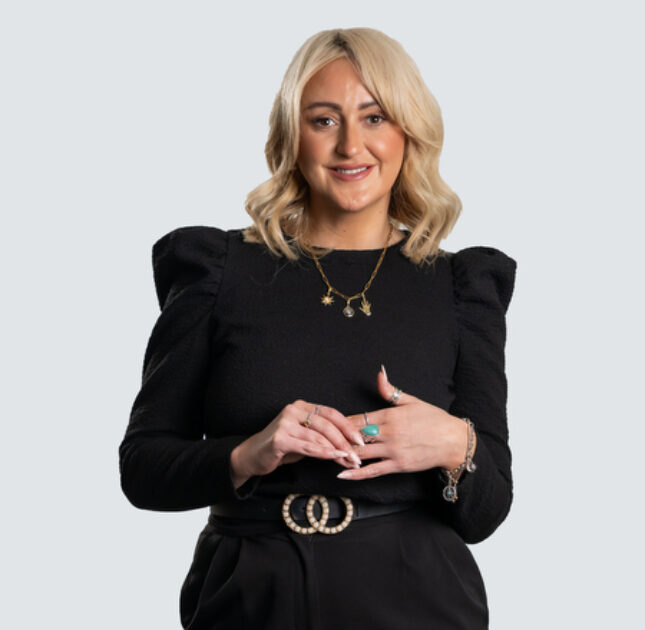This week is Tinnitus Awareness Week which takes place between 7 and 13 February 2022. The British Tinnitus Association (BTA) theme this year is ‘The Sound of Science – The Urgent need for a Tinnitus Biobank’.
What is a Tinnitus Biobank?
The BTA are calling for the establishment of a Tinnitus Biobank in the hope that we can one day find a cause for this debilitating condition. A biobank is a large-scale database that contains the health information of several participants. This information is accessible to researchers to use when undertaking research into various health conditions.
A Tinnitus Biobank would also allow researchers ‘to identify underlying causes, recognise different tinnitus subtypes and uncover the biomarkers that would allow tinnitus, and the impact of treatments, to be objectively measured’.
In the UK, tinnitus related research currently receives 40 x less funding than similar conditions. Investing just £4m in a tinnitus biobank would lead us one step closer to finding a cure.
You can find out more about the BTA’s initiative here: Tinnitus Biobank | British Tinnitus Association
Tinnitus in the News
In recent news, Great British Breakfast Presenter, Kirsty Gallacher has spoken out about her struggle with tinnitus, which has occurred as a symptom of a small benign tumour in her inner ear canal. Speaking on Loose Women she describes the persistent buzzing and crackling noises she is faced with on a daily basis. In particular, she draws on the impact this has had on her sleeping pattern:
Whilst Kirsty’s tinnitus symptoms are not a direct consequence of exposure to excessive noise, noise damage can be a contributing factor to tinnitus, which may present occasionally or constantly throughout a person’s life.
Here at Hugh James, we have been looking into the life-changing condition that many of our military clients suffer from.
What is Tinnitus?
Tinnitus is the hearing of a sound when there is no external noise present. It usually takes the form of a ringing, buzzing, whooshing, humming or a whistling noise that can be constant or intermittent.
What are the causes of Tinnitus?
According to the British Tinnitus Association (BTA), the condition affects 1 in 8 people in the UK. Although the exact cause of the condition is not known, possible causes include, but are not limited to, head injuries, ear infections and adverse reactions to medication.
Similarly, there is a strong causal link between exposure to loud noise and tinnitus.
Military Related Tinnitus
Military personnel are often exposed to noise levels that are likely to be much louder than sounds heard in day-to-day life. At Hugh James we see many veterans and serving personnel from all 3 services who say they are struggling with hearing loss and tinnitus due to exposure to excessive noise, often without any or any adequate hearing protection.
If you are struggling with the effects of tinnitus, then it is important that you discuss this with your GP. They may be able to refer you for therapy although NHS waiting lists may be lengthy. If you think you may have been exposed to excessive levels of noise whilst serving in the military, it may also be worth a call to Hugh James.



